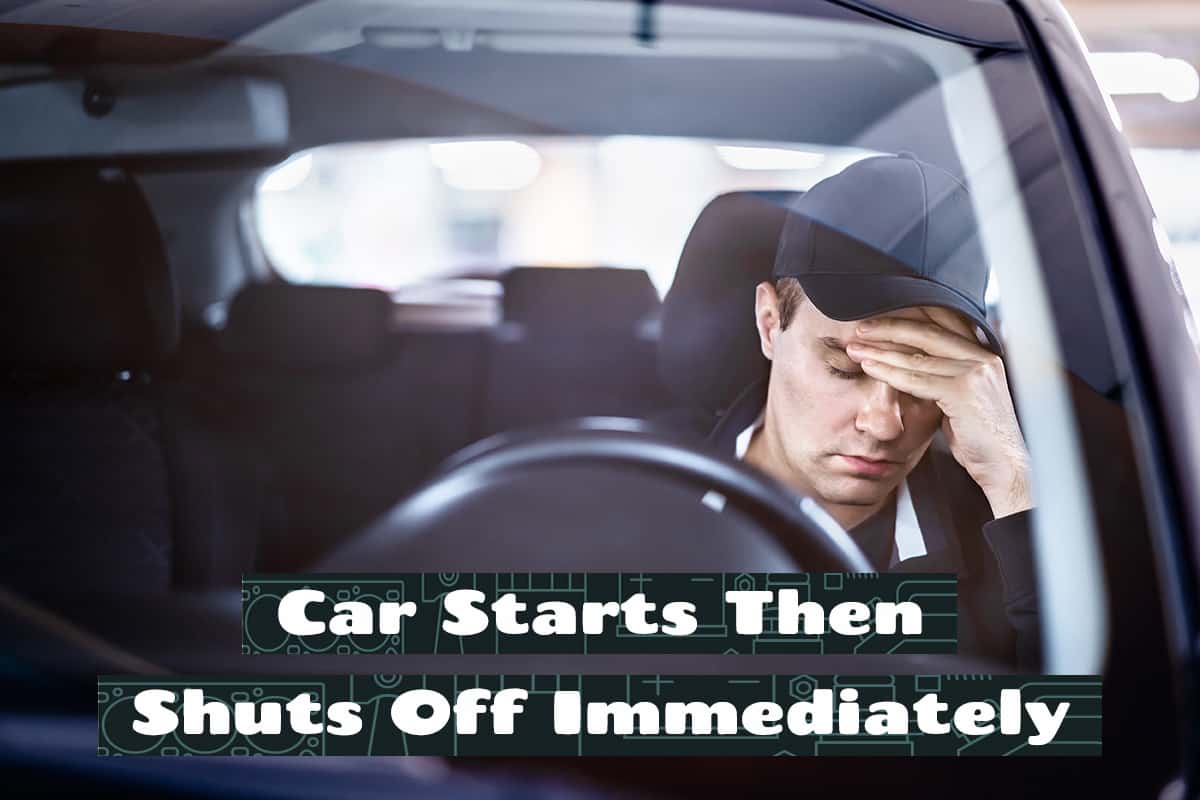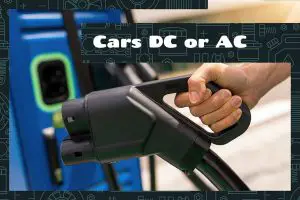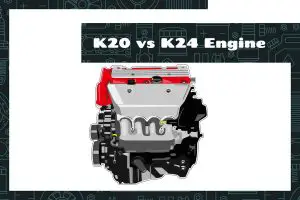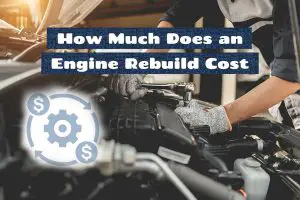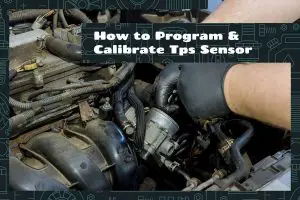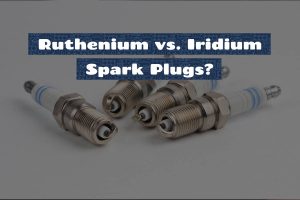A car that starts then shuts off immediately is a frustrating problem that leaves many drivers puzzled. This issue is indicative of several potential malfunctions in your car’s internal systems. Such irregularities, while initially may seem perplexing, can be demystified with some basic automotive knowledge and diagnostic skills.
Your car might start and then shut off immediately due to several reasons, including but not limited to:
- Faulty fuel systems components such as clogged fuel injectors or fuel filter
- Electrical system issues like defective spark plugs, ignition switch, or battery problems
- Irregularities in the air intake and emission systems, like vacuum leaks or blocked exhaust
- Issues with the Engine Control Unit (ECU) such as faulty sensors or corrupted software
In this short guide, we’ll cover these potential causes, helping you understand their impacts, and how to diagnose them.
Understanding Your Car’s Ignition System
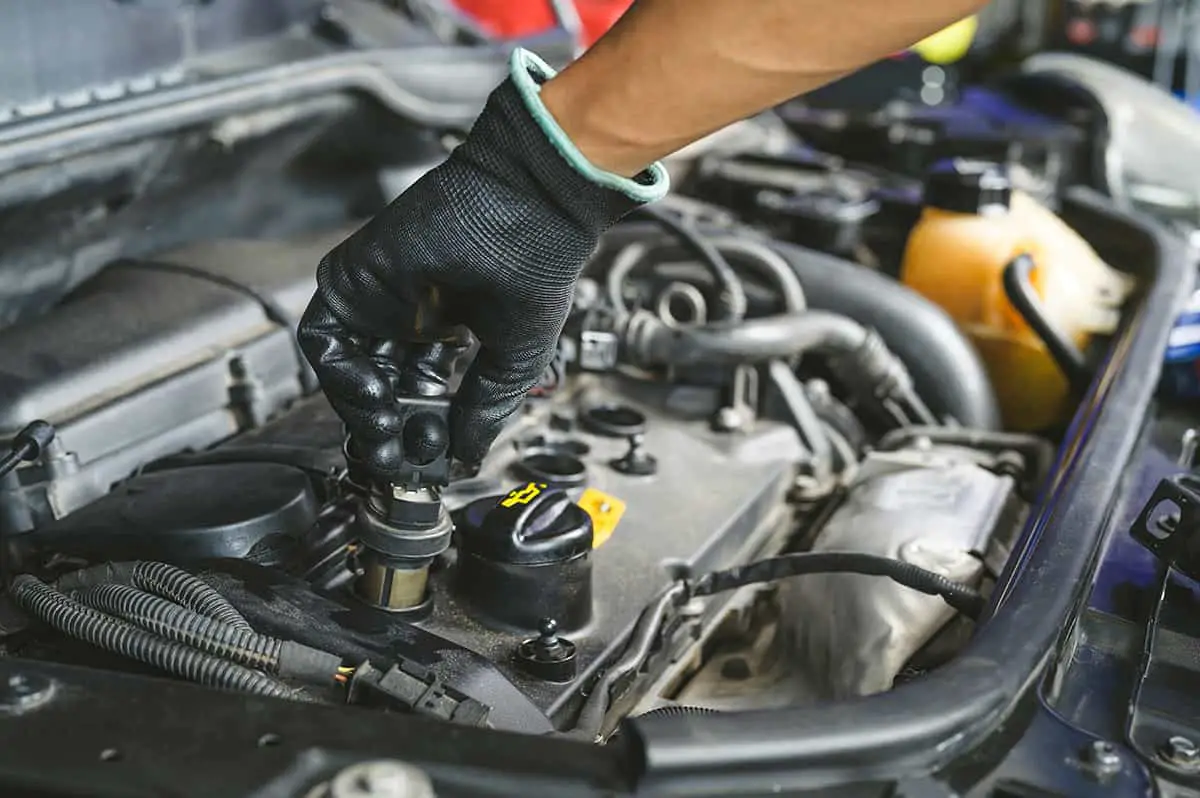
The ignition system is a vital component of your car, designed to ignite the fuel-air mixture in the combustion chamber. The process of starting your car, keeping it running, and powering all other electrical systems largely depends on the efficient functioning of the ignition system.
When you turn your car key or press the start button, the ignition system jumps into action. The ignition switch activates the car’s electrical system, including the starter motor. This motor turns the crankshaft, bringing the engine to life. However, for the engine to “come alive,” the air-fuel mixture in the engine cylinders needs to be ignited, and this is where the spark plugs and ignition coil come into play.
The ignition coil transforms the car battery’s low voltage into thousands of volts, needed to create a spark at the spark plugs. This spark ignites the fuel-air mixture within each engine cylinder, causing a mini explosion. This explosion forces the piston down, turning the engine’s crankshaft, creating the power needed to move your car. The car’s computer or Engine Control Unit (ECU) controls this precise sequence, ensuring each spark happens at the right time for optimal engine performance.
Possible Causes of Why Car Starts Then Shuts Off Immediately (and How to Diagnose Them)
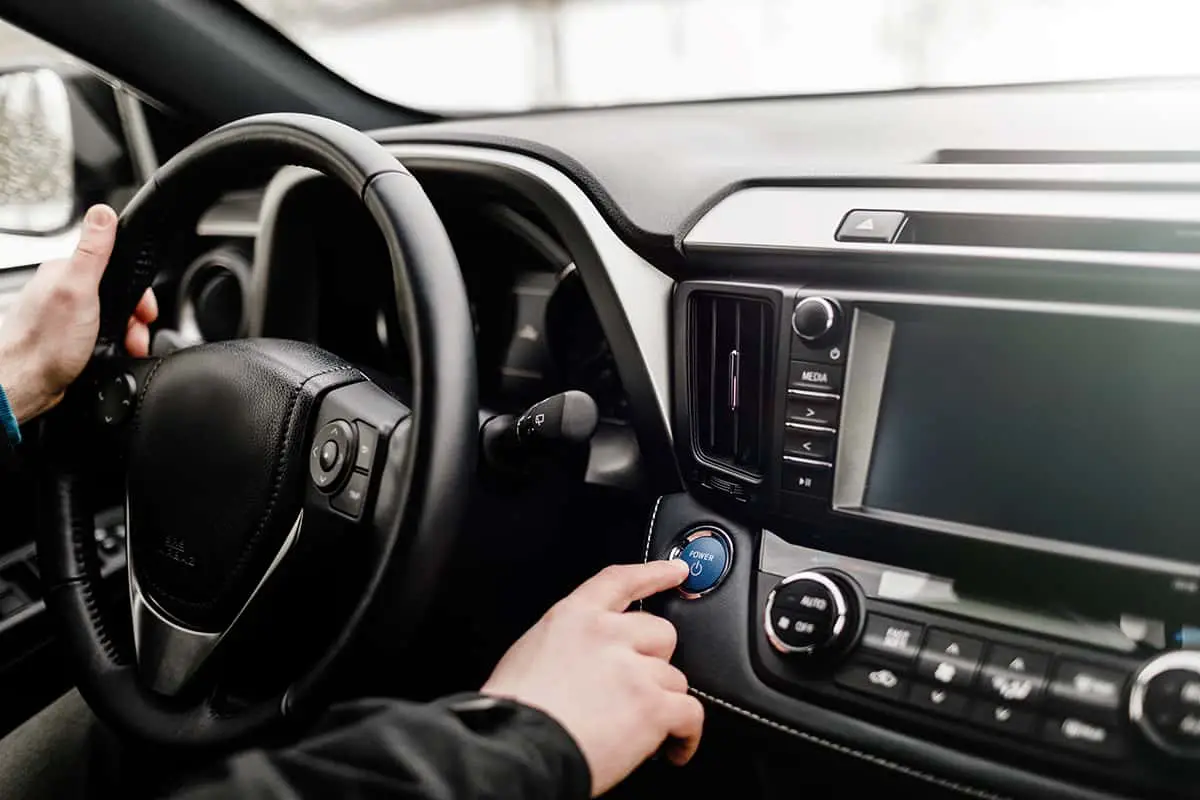
Your car starting and then immediately shutting off can be a real head-scratcher. However, understanding the possible underlying causes can bring you a step closer to fixing the issue. These causes can range from fuel system problems, electrical system faults, issues with the air intake and emission system, or even ECU malfunctions.
Fuel System Issues
The fuel system plays a crucial role in your car’s operation by supplying the engine with the right amount of fuel. If there’s a problem with this system, it can cause the car to shut off immediately after starting. Here are some key fuel system issues:
1. Damaged or Dirty Fuel Injectors
Fuel injectors spray fuel into the engine’s cylinders. If they’re clogged or damaged, they can’t deliver the right amount of fuel, leading to an imbalance in the air-fuel mixture and potential stalling.
How to Diagnose: Leaky or clogged injectors can be diagnosed with professional tools. However, signs like poor idle, reduced power, or fuel odor can suggest injector issues.
2. Clogged Fuel Filter
The fuel filter prevents dirt and debris from entering the engine. Over time, it can become clogged, restricting fuel flow and causing the engine to stall shortly after starting.
How to Diagnose: Listen for a humming noise from the fuel pump when the key is turned to the ‘ON’ position (before starting the car). If there’s no noise, the pump might be faulty.
3. Fuel Pump Malfunction
The fuel pump sends fuel from the tank to the engine. If the fuel pump is faulty, the fuel supply could be inconsistent, causing the engine to stall.
How to Diagnose: If your car has been running rough or you’ve noticed a decrease in fuel efficiency, your fuel filter might be clogged. While it’s challenging to inspect the filter visually, these symptoms can indicate a need for replacement.
Electrical System Issues
Your car’s electrical system powers everything from the ignition system to the lights and entertainment system. Any of these electrical issues could potentially cause your car to start and then shut off:
1. Faulty Ignition Switch
A worn-out ignition switch might not stay in the ‘run’ position after starting, cutting off the power supply and causing the engine to stall.
How to Diagnose: If your car’s electrical components (like lights or radio) shut off or flicker when starting the car, the ignition switch might be the problem.
2. Defective Spark Plugs or Wires
Spark plugs ignite the air-fuel mixture, and the wires deliver the electricity they need to do so. If either of these components is defective, the engine may stall immediately after starting.
How to Diagnose: Remove the spark plugs and inspect them for damage or excessive wear. Also, check the wires for any visible damage or corrosion.
3. Battery and Alternator Problems
Although the engine doesn’t use the battery when running, a faulty alternator or a battery issue could affect the voltage regulation, causing the ECU to shut off the engine.
How to Diagnose: Use a multimeter to check the battery voltage. It should read around 12.6 volts with the engine off and 13.7 to 14.7 volts with the engine running, indicating a good alternator.
ECU Issues
The ECU controls various aspects of the engine performance, including ignition timing and fuel mixture. Problems with the ECU could lead to the car shutting off immediately after starting:
1. Faulty Engine Sensors
The ECU relies on sensors to adjust the engine’s operation. If any of these sensors, like the oxygen or crankshaft position sensor, is faulty, it can lead to stalling.
2. Corrupted ECU Software
Sometimes, the ECU’s software can get corrupted, causing it to send wrong instructions to the engine, leading to stalling.
How to Diagnose a Faulty ECU
While you cannot personally diagnose ECU software issues or faulty sensors without professional tools, noting any triggered warning lights on your dashboard can give a hint of possible sensor problems or ECU faults.
Air Intake and Emission System Issues
The air intake and emission system ensure your engine has the right air-fuel mixture and that exhaust gases are correctly expelled. Problems in this system that could cause immediate stalling include:
1. Vacuum Leaks
Vacuum leaks can cause the engine to receive too much air, leading to a lean air-fuel mixture that can make the engine stall.
How to Diagnose: Listen for a hissing sound when the engine is running, which can indicate a vacuum leak. You can also use a can of throttle body cleaner to spray around the vacuum lines and intake manifold gasket. If the engine idle changes when you spray a specific area, you’ve likely found a leak.
2. Malfunctioning Mass Airflow Sensor
This sensor measures the amount of air entering the engine, helping the ECU adjust the fuel injection. If the mass airflow sensor malfunctions, the air-fuel mixture could be off, causing the engine to stall.
How to Diagnose: Check your vehicle for uneven idling or stalling reduced fuel economy, or the ‘Check Engine Light’ turning on. These are all signs that indicate a faulty mass airflow sensor.
3. Blocked Exhaust
If the exhaust is blocked, the engine can’t expel gases properly, which might cause the car to shut off shortly after starting.
How to Diagnose: Look for visible signs of blockage or damage to the exhaust system. A blocked exhaust will often cause a noticeable decrease in power and fuel efficiency.
